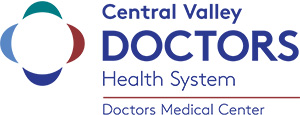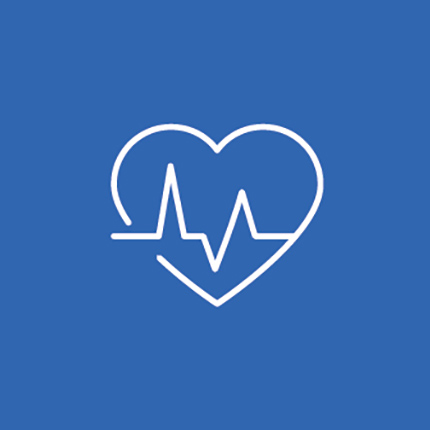Know Your Numbers and Numbers to Know
Jan 1, 2022When it comes to your heart, some numbers can give you clues on where you are on your heart health. Knowing your numbers includes monitoring your cholesterol and triglyceride level, your blood pressure and more. These numbers are essential for your doctor to help you reduce your risk, map out your treatment plan and mark the progress you're making. Get to know these numbers so that you can start your journey to a heart-healthy you.
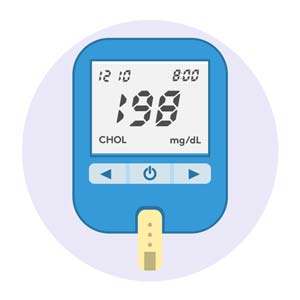 Total Cholesterol – Less than 200 mg/dL A measure of the total amount of cholesterol in your blood |
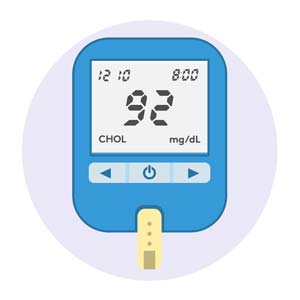 LDL ("Bad") Cholesterol – Less than 100mg/dL The primary source of cholesterol buildup and blockage in the arteries |
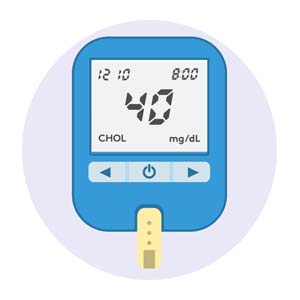 HDL ("Good") Cholesterol – Above: 50 mg/dL (women) 40 mg/dL (men) Helps remove cholesterol from your arteries |
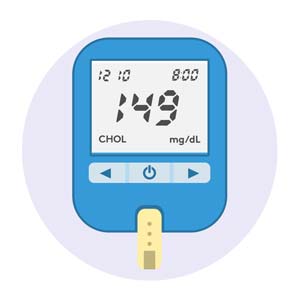 Triglycerides – Less than 150 mg/dL Another form of fat in your blood that can raise your risk for heart disease, especially in women |
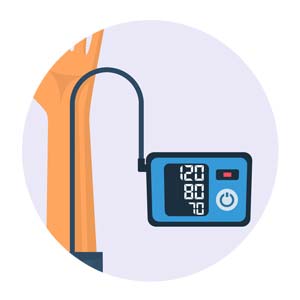 Blood Pressure – Less than 120/80 mmHg The force of blood against the arteries when the heart beats and rests |
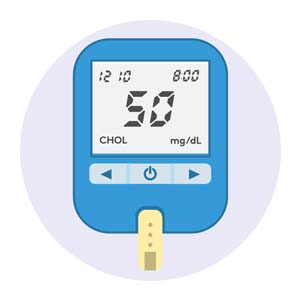 Fasting Glucose – Less than 100 mg/dL The amount of blood sugar in a person's blood sample after fasting for at least eight hours |
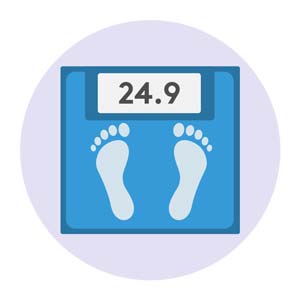 Body Mass Index (BMI) – 18.5-24.9 An estimate of body fat that measures your risk for diseases. The higher the BMI, the higher your risk for heart disease, high blood pressure, type 2 diabetes, gallstones, breathing problems and certain cancers |
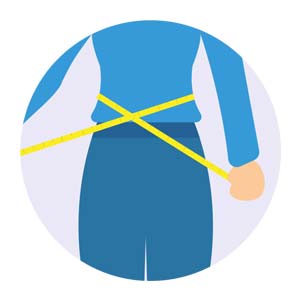 Waist Circumference – No more than 35 inches (women) 40 inches (men) It helps screen for possible health risks that come with overweight and obesity |
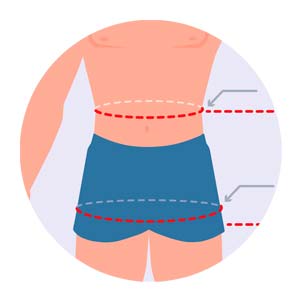 Waist-to-Hip Ratio – No more than 0.85 (women) 0.9 (men) Measures the distribution of fat in the body |
 Exercise 30 minutes of moderate physical activity five times a week |
Tips for Heart-Healthy Living
It is vital to keep track of these numbers, especially if you already have heart disease or diabetes. Here are some things you can do to meet your heart-health goals:
Count your steps. Wear a device that logs your steps to track how much you walk every day. Keeping track helps you note your progress over time.
Keep a food diary. Download an app or write down what you eat and drink each day to help you lose or maintain a healthy weight.
Follow the DASH eating plan. The Dietary Approaches to Stop Hypertension (DASH) is a science-based approach to lower blood pressure through healthy recipes, calorie trackers and tips for following the eating plan.
Sources:
National Heart, Lung, and Blood Institute
American Heart Association
MedlinePlus
World Health Organization
